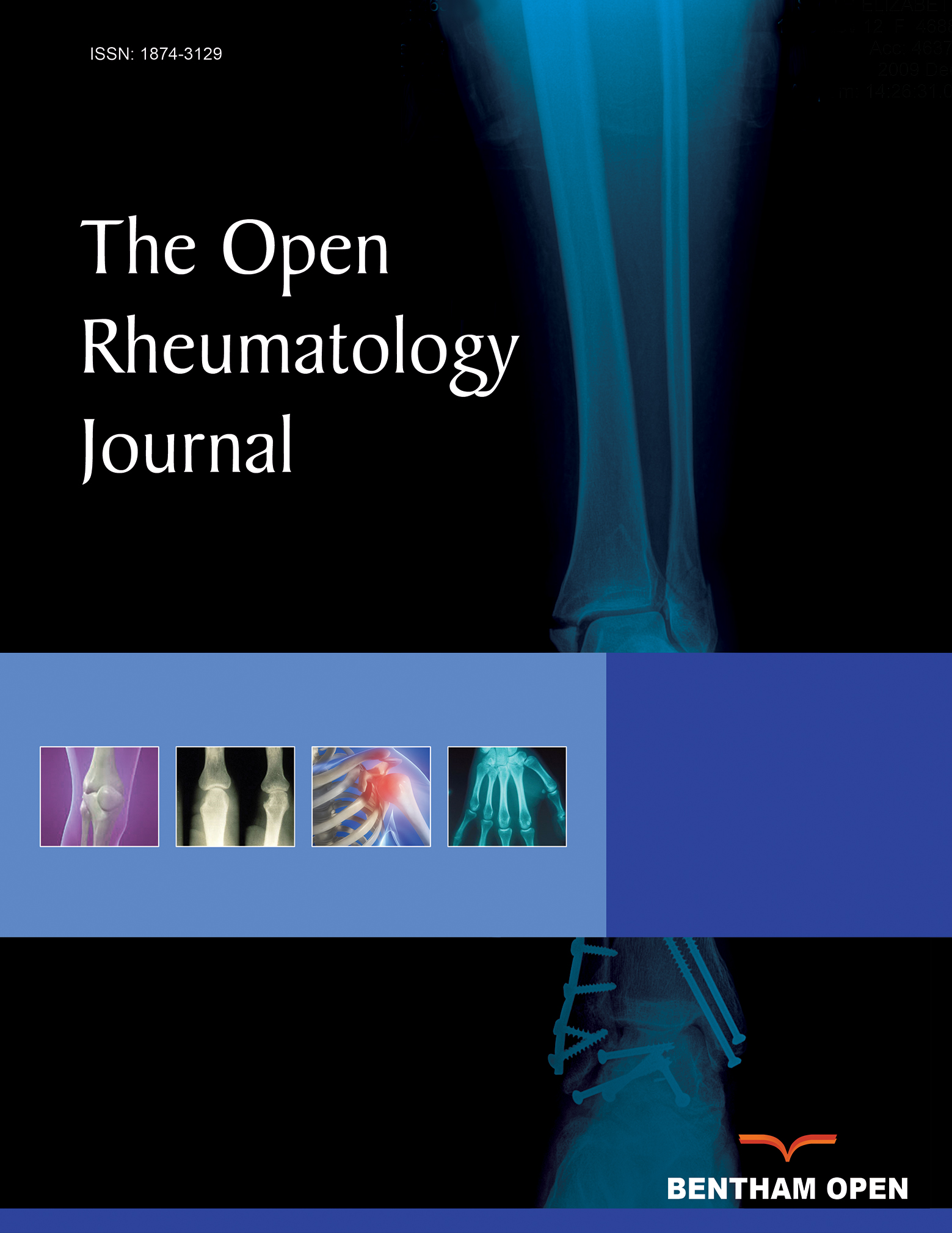All published articles of this journal are available on ScienceDirect.
The Etiopathogenesis and Genetic Factors in Idiopathic Inflammatory Myopathies: A Review Article
Abstract
Introduction:
Idiopathic inflammatory myopathies (IIM) are a group of heterogeneous systemic autoimmune diseases characterized by muscle inflammation from unknown causes resulting in chronic weakness. Recent studies have shown the role of the cellular immune response affecting muscle fibers in polymyositis (PM), inclusion body myositis, and to a lesser extent, dermatomyositis (DM), wherein humoral immunity is more involved. The value of genetic factors of the class II major histocompatibility complex (MHC II) has also been highlighted. In studies of murine models, the presence of HLA-DR3 favors a higher risk of developing inflammatory muscle disease, including PM and juvenile DM. In recent years, few studies have provided timely information regarding this, thus the researchers initially proposed a review of existing literature to broaden the context regarding what was described and to visualize proposals that may enhance the understanding of this group of inflammatory pathologies.
Methods:
The design, implementation, analysis, and reporting of this study were followed according to the search with MeSH terms (Autoimmune myopathy, Inflammatory myopathies, Idiopathic inflammatory myopathies AND Major histocompatibility complex and genetics). We analyzed 12 articles for this review article.
Conclusion:
In the etiopathogenesis of IIM, both humoral and cellular immunity are observed, considering the presence of a trigger that causes the immune response. As for the immunogenetics, this review highlights what has been reported in Chinese and Mexican populations, where HLADRB1*09:01 is related to the presence of DM, and is observed as the first variant identified in various populations. This increases interest in this allele in the particular case to study DM and strengthens research that proposes the study of IIM independently for each nosological entity.


